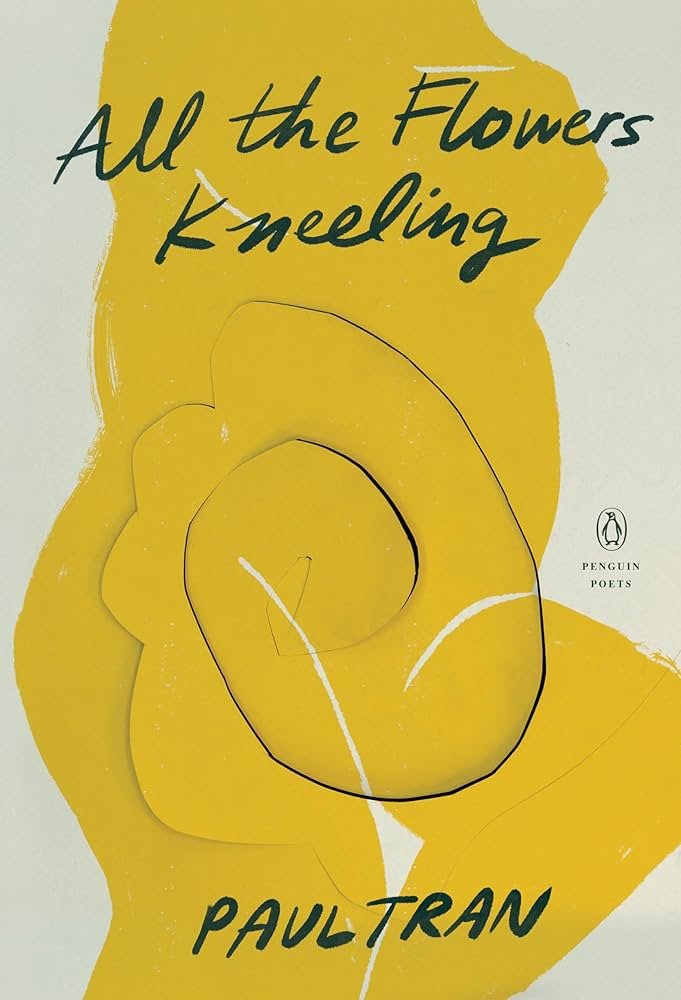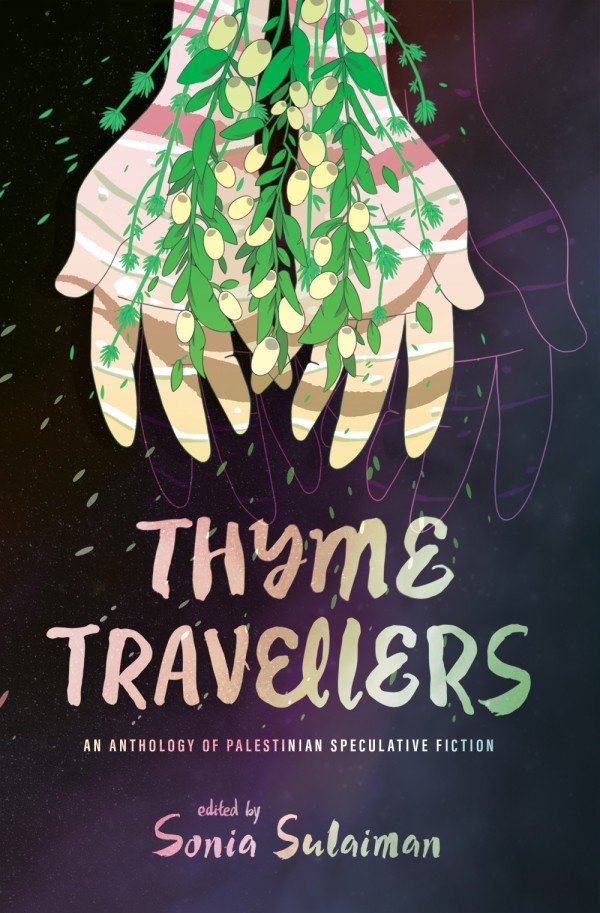bringing back the classic canthius tote!
We are excited to be bringing back the fan-favourite Canthius tote! As you may know, the funding landscape for lit mags is very bleak, and all proceeds from the tote will ensure that we can pay our bills and fairly compensate our staff, editors, and contributors. So, in the name of fundraising … the classic Canthius bag is BACK! This beautiful economy shopper features Canthius’s logo by Alisha Davidson, printed black on natural beige at Spin Marketing.
For the official Canthius back-from-hiatus sale, we’re announcing the Fill Your Bag Back Issue Sale! Pick up one of our new printings of the classic tote, and get 50% off any Canthius back issue! That’s a savings of $7.50 PER ISSUE! We have issues 8 - 14 available in our shop.
Use the promo code FILLYOURBAG2025 at checkout.


Projects
View the poetry, prose, games, visual art, and more published as part of Canthius Journal’s 2021 Pleasures project.
I pushed it to the limit a lot of the time. I have never been the type to recast things in an ominous light. I wanted to keep that [feeling] in the book—that we can ignore things and still feel the pressures of it.
I don’t necessarily think of the poem as being imposing. I write in the tradition of courage.
When I get through these uncomfortable times of not writing, I usually realize that I needed the space, and that not writing was not necessarily “unproductive” or empty space, but instead it is usually a time where ideas are percolating in weird and wonderful ways without my being fully aware.
Zehra Naqvi’s debut collection The Knot of My Tongue explores personal and generational calamities: domestic violence, a family’s displacement during the Partition, the Battle of Karbala. Writing about or within unspeakable violence is no simple task for a poet.
Thyme Travellers: An Anthology of Palestinian Speculative Fiction collects fourteen stories by new and established writers from the Palestinian diaspora. Edited by Sonia Sulaiman, these stories imagine new worlds and confront the reality of our own. Individually, these stories are thought-provoking and sincere. Together, they beautifully explore Palestinian identity and resistance, and offer readers a chance to reflect upon the present moment and what we want the future to look like.
The Coin follows a wealthy Palestinian woman who takes on a position as a teacher at an all-boys school in New York City. She is tastefully extravagant, chaotically in crisis, not a particularly good or moral person, and one of the most fascinating characters to emerge in contemporary fiction.







![dyke (genealogy) / alt: a letter to my grandfather in this first year of silence by [sarah] Cavar](https://images.squarespace-cdn.com/content/v1/5510a228e4b0519d684008a9/56c1e2bf-b6a2-4ef4-b1b5-270c4b0fcee0/453b88d1-df4a-44ab-9f61-a2fadad2acd3.jpeg)








